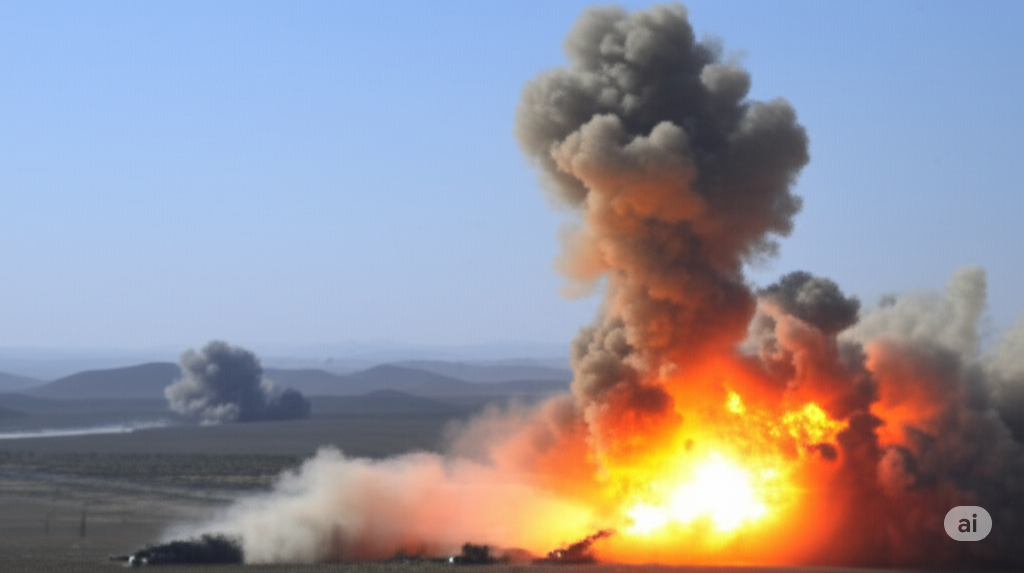Get up to speed on the evolving tensions between Israel and Iran. Our analysis breaks down the recent developments and potential implications.
Navigating the complexities of international relations can feel like watching a high-stakes drama unfold. The ongoing dynamic between Israel and Iran is a prime example, marked by periods of heightened tension and strategic maneuvering. Recent reports highlight the persistent nature of this intricate relationship, demanding our attention and understanding.
Key Developments on the Ground
While specific details of incidents can be fluid and sometimes unclear in the immediate aftermath, it’s evident that actions and reactions continue to shape the relationship. Think of it like a chess game, where each move prompts a counter-move, often unseen by the casual observer. Some key aspects that frequently emerge include:
- Reported Strikes and Counter-Strikes: News often surfaces about alleged strikes on locations associated with either Israeli or Iranian interests, either directly or through proxy groups. These actions can range from aerial bombardments to other forms of covert operations.
- Cyber Activity: The digital realm has become a significant battleground, with reports of cyberattacks targeting critical infrastructure on both sides. This type of conflict can be particularly challenging to attribute and respond to.
- Statements and Posturing: Public pronouncements from leaders and military officials play a crucial role in shaping the narrative and signaling intentions. These statements can be carefully calibrated to deter escalation or to send a message of resolve.
Understanding the Underlying Tensions
To grasp the significance of these events, it’s important to remember the long-standing issues fueling this conflict. It’s not just about isolated incidents, but a deeper clash of strategic interests and ideologies. Consider these core elements:
- Nuclear Program Concerns: Israel has consistently expressed concerns about Iran’s nuclear program, viewing it as an existential threat. International efforts to monitor and constrain this program have been a constant point of contention.
- Regional Influence: Both nations vie for influence in the Middle East, supporting different factions and governments across the region. This competition for power often manifests in proxy conflicts in countries like Syria, Lebanon, and Yemen.
- Ideological Differences: Deep-seated ideological differences further complicate the relationship, contributing to a climate of mistrust and animosity.
Implications for the United States
For those of us here in the U.S., understanding the Israel-Iran dynamic is crucial for several reasons:
- Maintaining Regional Stability: Instability in the Middle East can have ripple effects globally, impacting energy markets, international trade, and security. The U.S. has a vested interest in preventing a wider conflict.
- Supporting Key Allies: Israel remains a key strategic ally of the United States. The U.S. often plays a role in mediating tensions and providing security assistance.
- Nuclear Proliferation: The potential for nuclear proliferation in the region is a major concern for U.S. foreign policy. Efforts to prevent this remain a high priority.
Staying informed about these ongoing developments allows us to better understand the complexities of the global landscape and the potential challenges and opportunities that lie ahead. While the details may continue to evolve, the underlying tensions and their significance for international peace and security remain constant.











